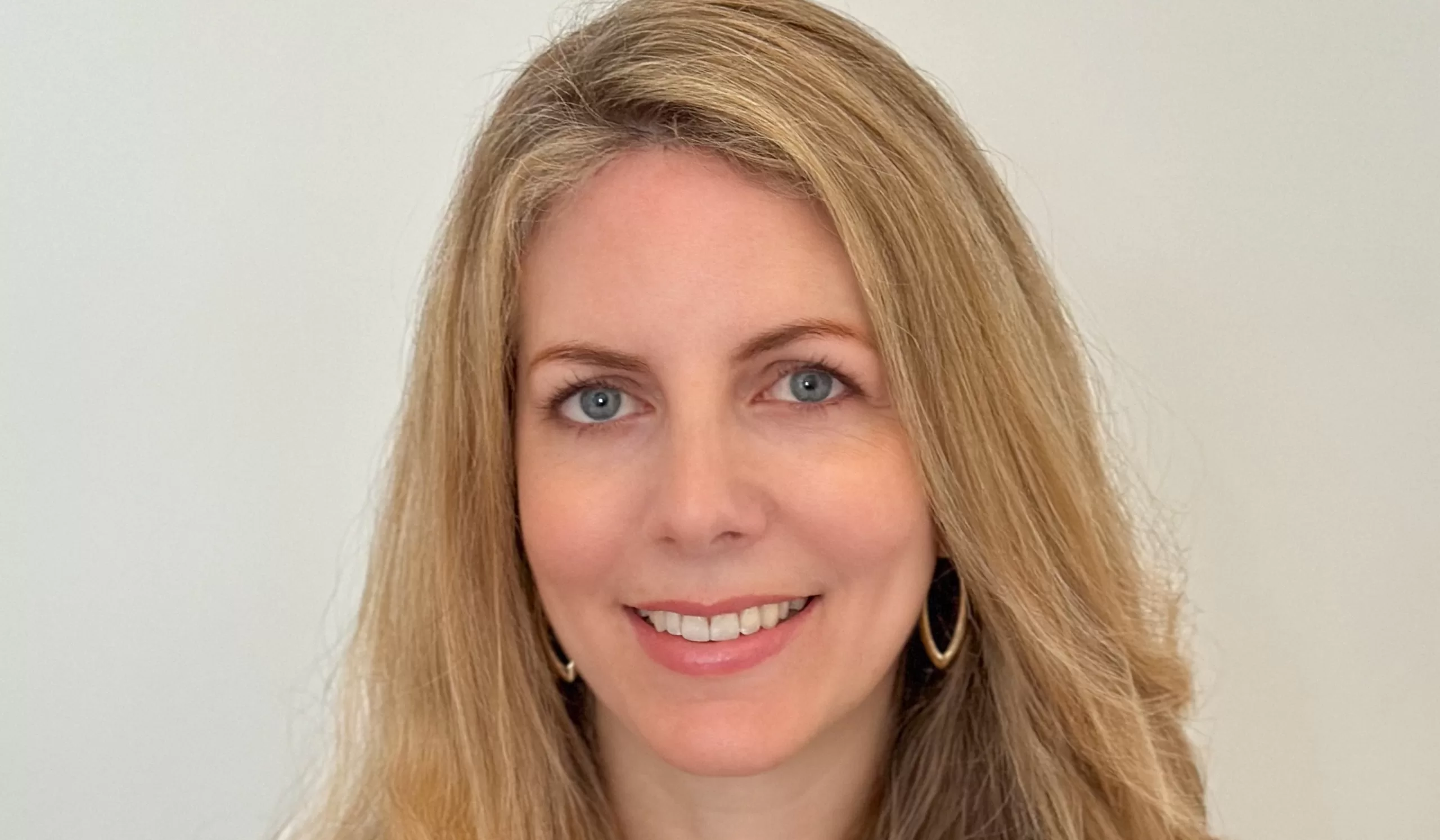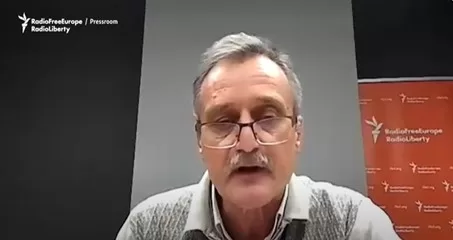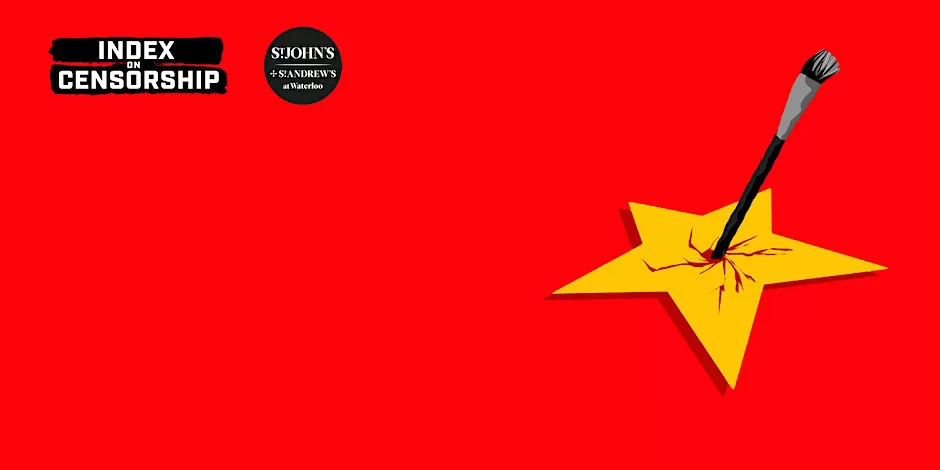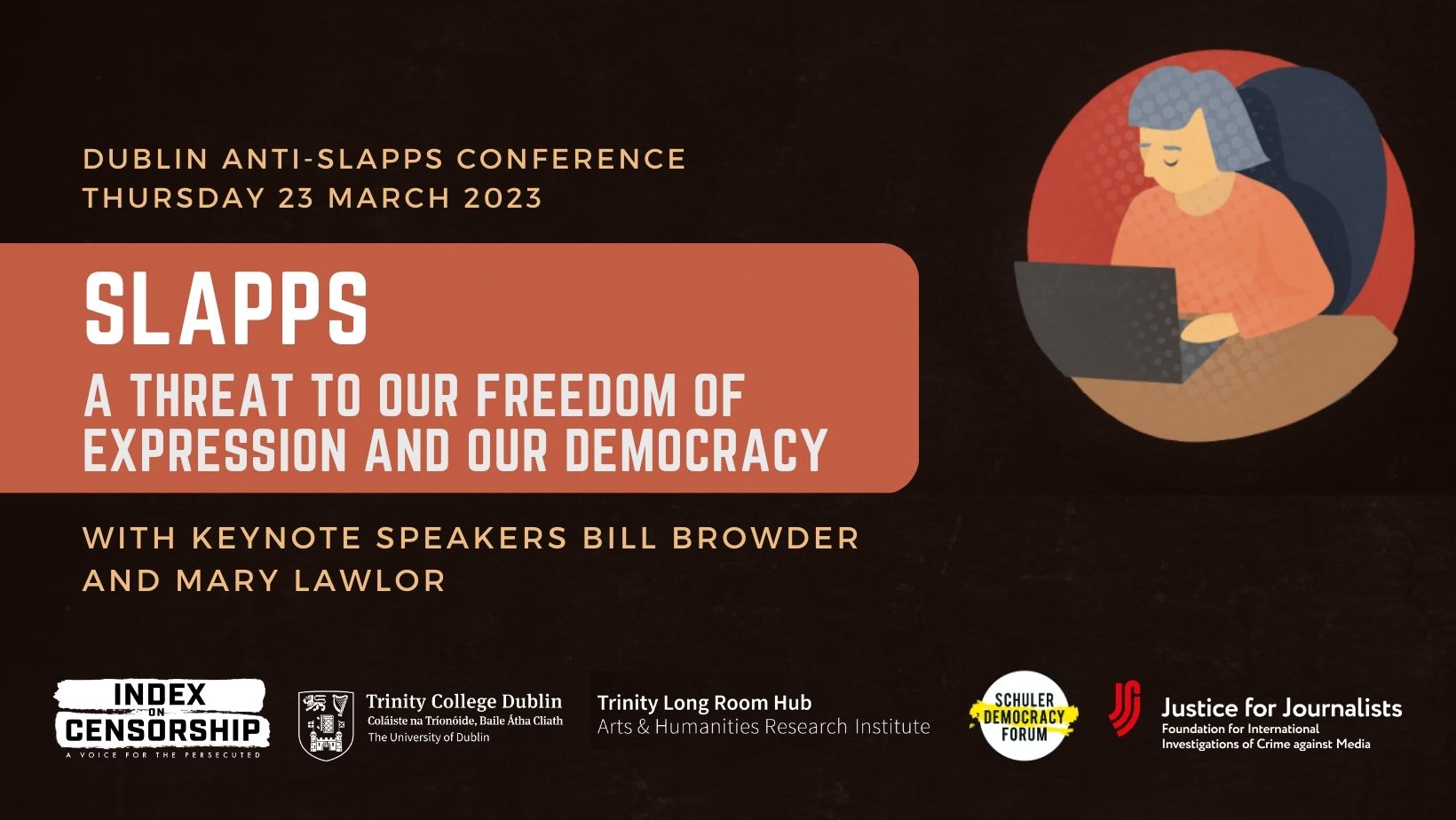What is actually happening?
Following initial revelations in The Guardian by whistleblower Edward Snowden, reports by international media organisations, including the New York Times and Washington Post, have revealed that the US, UK and other countries’ governments have been carrying out mass surveillance of both meta data and content by tapping into communications cables. This means that governments are gathering and storing data about your phone calls, emails, texts and search and browsing history. They have the ability to access passwords as well as the actual content of emails, text messages and online chats. It is still not known how long this data is being stored for. Gathering and storing information in this way and on this scale is an attack on our right to privacy and a threat to our right to free speech.
Which governments are carrying out mass surveillance?
Most newspaper reports have concentrated on mass surveillance by the US government’s National Security Agency (NSA) and the UK’s Government Communications Headquarters (GCHQ). However, there have also been revelations about France, Germany, Sweden and the Netherlands.
Why is mass surveillance wrong?
Mass surveillance of private communications is an attack on our right to privacy and our right to free speech. Gathering data from entire populations is unlawful under human rights law as it violates our right to privacy. It also threatens free speech. How can we speak freely if our confidential emails, texts and chats are being read?
Is all surveillance wrong?
No. Governments and the police may need to carry out targeted surveillance to try and prevent crimes, including terrorist attacks. However, there need to be legal safeguards to prevent abuses of power and to hold those gathering information to account. There should also be transparency about how data is gathered, stored and used.
Surveillance should be targeted towards people who are suspected of planning or committing a crime, not entire populations. Usually decisions about who should be targeted by surveillance should be made by an independent body or by judges.
I haven’t got anything to hide so why should I be worried about mass surveillance?
Governments say that if you aren’t doing anything wrong, you have nothing to worry about. In reality, restricting our human rights threatens the freedom and security that the same governments are claiming to protect.
Mass surveillance can be used to target activists, such as environmental groups, who are critical of government policies. Activists and opposition groups and the media should be able to hold governments to account without having their communications monitored.
Mass surveillance can also be used to monitor and threaten investigative journalism, threatening the anonymity of sources and potentially exposing lines of investigation. This in itself threatens the freedom of the press.
We all have a right to privacy and the state should not interfere in our private communications. After all, you wouldn’t want the government reading your letters, so why should they read your emails?
What can I do?
Sign our petition calling on the EU’s leaders to end mass surveillance. Share it with as many people as possible so that we can put pressure on the EU to take a stand.
What can the EU do about it?
Mass surveillance must be on the agenda when EU leaders meet in October. Firstly, the EU’s leaders need to condemn mass surveillance by the US, UK and other European governments. Secondly, they need to take joint action to stop the mass collection of data about European and other citizens.
Can I sign the petition if I am not an EU citizen?
Yes, and please share with friends outside the EU. We want people from around the world to come together to say no to mass surveillance.
This article was originally posted on 24 Sept 2013 at indexoncensorship.org






